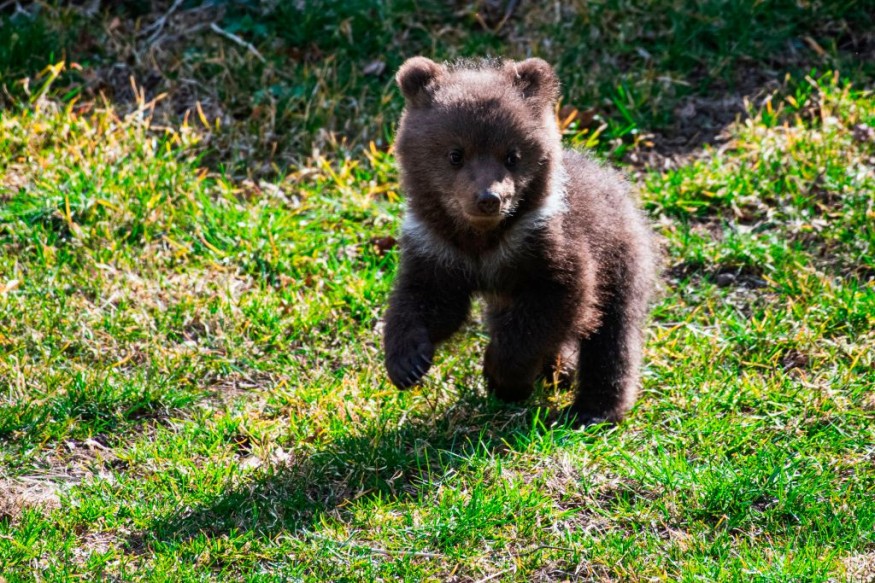
An alarming number of bear cubs have died in the northern part of Japan due to the shortage of salmon, with experts blaming the rising sea temperatures caused by the climate crisis.
A tour boat driver observed a starving bear cub frantically looking for food on the peninsula's eastern shore this month, with local authorities reacting with panic.
According to initial information, the bear was foraging through piles of beached seaweed and flipping over boulders in search for food.
Lack of food
The estimated 500 brown bears who reside on Hokkaido's Shiretoko peninsula, a UNESCO world heritage site that has been renowned for its spectacular coastline and wild creatures, depend heavily on pink salmon in addition to acorns for their sustenance.
Before returning to streams in Shiretoko between August and October to lay eggs, pink salmon that spawn in Hokkaido's rivers spend the winter in the sea.
Due to the lack of river fish, brown bears have been forced to swim in the sea instead of lying in wait for the salmon as they travel upstream.
"Some bears have grown really thin," Katsuya Noda, the tour boat operator. "They are having a tough time, because there are no fish in the rivers, just like last year."
According to Masami Yamanaka, a researcher at the Shiretoko Nature Foundation, the poor acorn harvest and shortage of salmon were having a terrible impact on brown bear cubs.
"An estimated 70% to 80% of the cubs born this year are dead," he said. "It's a really serious situation."
According to experts, it is from mid-July to early August 2021 that the sea surface temperatures off Hokkaido stayed above 20C, which is 5C more than usual at that time of year.
If global warming keeps up its current pace, the Hokkaido University researchers underscored that the seawater temperatures near the island might increase by up to 10C by the 2090s compared to 1980s levels.
Read Also : Fatal Bear Attacks in Alaska Killed 2
Bear attacks
According to the Hokkaido Salmon Propagation Association, it was from between July 25 and September 5, 2020 when the fishermen caught 482,775 pink salmon in rivers in Hokkaido, the northernmost main island of Japan, compared to only 23,298 the previous year.
The capture in 2022 was rather meager given the statistical evidence that good catches happen every other year.
As bears go towards the populated areas in search of food, the lack of acorns has been attributed to an increase in the incidence of bear assaults on people in Hokkaido and other northern Japanese regions.
According to the prefecture's government, Hokkaido has witnessed 1,056 brown bears caught and killed in the year ending in April 2022, which was considered as both the greatest number ever and the first time the number has surpassed 1,000.
Of the said total number, 999 brown bears were eliminated due to crop damage or because they are posing any risk or threat towards the locals in the area.
Related Video:
© 2025 NatureWorldNews.com All rights reserved. Do not reproduce without permission.





